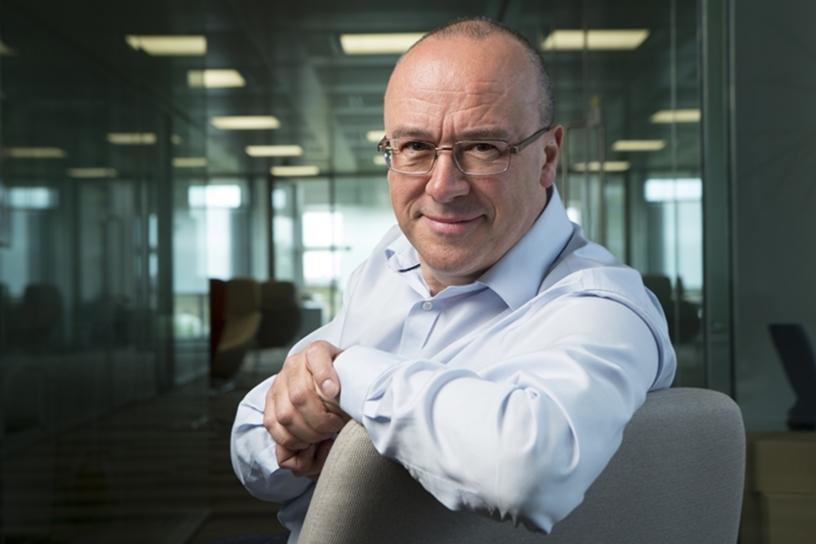Johannesburg, 11 Jul 2018

Artificial intelligence (AI) systems are good at logical tasks, but they're not capable of intuition, empathy or emotional intelligence. In other words, the fears held by some people are far removed from what is actually happening in AI development.
So says Chris Bishop, a Microsoft Technical Fellow and Director of the Microsoft Research Lab in Cambridge, UK.
"Data privacy, the malicious misuse of AI, the moral status of AI systems and where responsibility lies when things go wrong, are the issues we should be focused on," he says.
A partnership approach
In his blog, The basic of AI: Why it's here to help, not harm, Bishop says Microsoft has taken a partnership approach to developing AI, placing human values at the centre. "We believe in responsible design and that the companies developing these technologies should take ownership of the ethical considerations and work together to solve the toughest challenges. AI should not be the provenance of any one company or nation. It should belong to everyone."
He adds that to that end, Microsoft has helped to establish the 'Partnership on AI', a non-profit organisation that aims to ensure AI technologies benefit people and society through best practices and open discussion.
"Last year, we set up our own advisory committee, called 'AI and Ethics in Engineering and Research', to make sure all AI systems embody our ethical design principles. We insist they must guard against bias, have algorithmic accountability, be transparent and explainable, and assist humanity while respecting privacy."
AI and the future of work
Bishop also touches on fears about AI replacing jobs, particularly manual work that can be automated. His response to this is that most jobs have routine and mundane elements that affect the productivity of an individual and that AI could perform these tasks instead, allowing workers to focus on more important issues.
"It's fair to say that AI is likely to have a transformative effect on the workplace that will displace some jobs. But it will also create new ones, some of which don't even exist yet. This has been the case with every industrial revolution, beginning with the invention of the weaving loom and the steam engine. The advantage we have today with the fourth industrial revolution is that we are able to plan for change with considerably more insight. It is through policy-making and re-skilling that job creation can outpace job replacement."
Microsoft has done a significant amount in this area in terms of impact studies and policy recommendations. "In the 2018 update of our policy guidance for creating a legal framework that will extend the benefits of cloud computing to everyone, we draw attention to the disruption that all technology brings. While we don't believe AI will replace all jobs, we do think it will change the nature of work and that we have a responsibility to ensure people are equipped to navigate this change. We look at this in more detail in The Future Computed, our eBook on the role of AI in society," he adds.
Raising ethical questions
"Still, we don't underestimate the extent of this challenge and the public trepidation it causes. A survey by the Oxford University's Future of Humanity Institute, which featured the views of machine learning experts, found that AI could have a significant impact on the role of truck drivers by 2027, retail workers by 2031 and surgeons by 2053."
Even though Bishop gives solid examples of how AI can help, he does believe it will be many decades before AI is advanced enough to replace humans at many tasks and, when that happens, it will raise ethical questions of whether it's the right thing to do. "Ultimately, where AI is concerned, we think it's better to focus on the long-term and take a responsible approach to tackling the challenges we face today."
Share